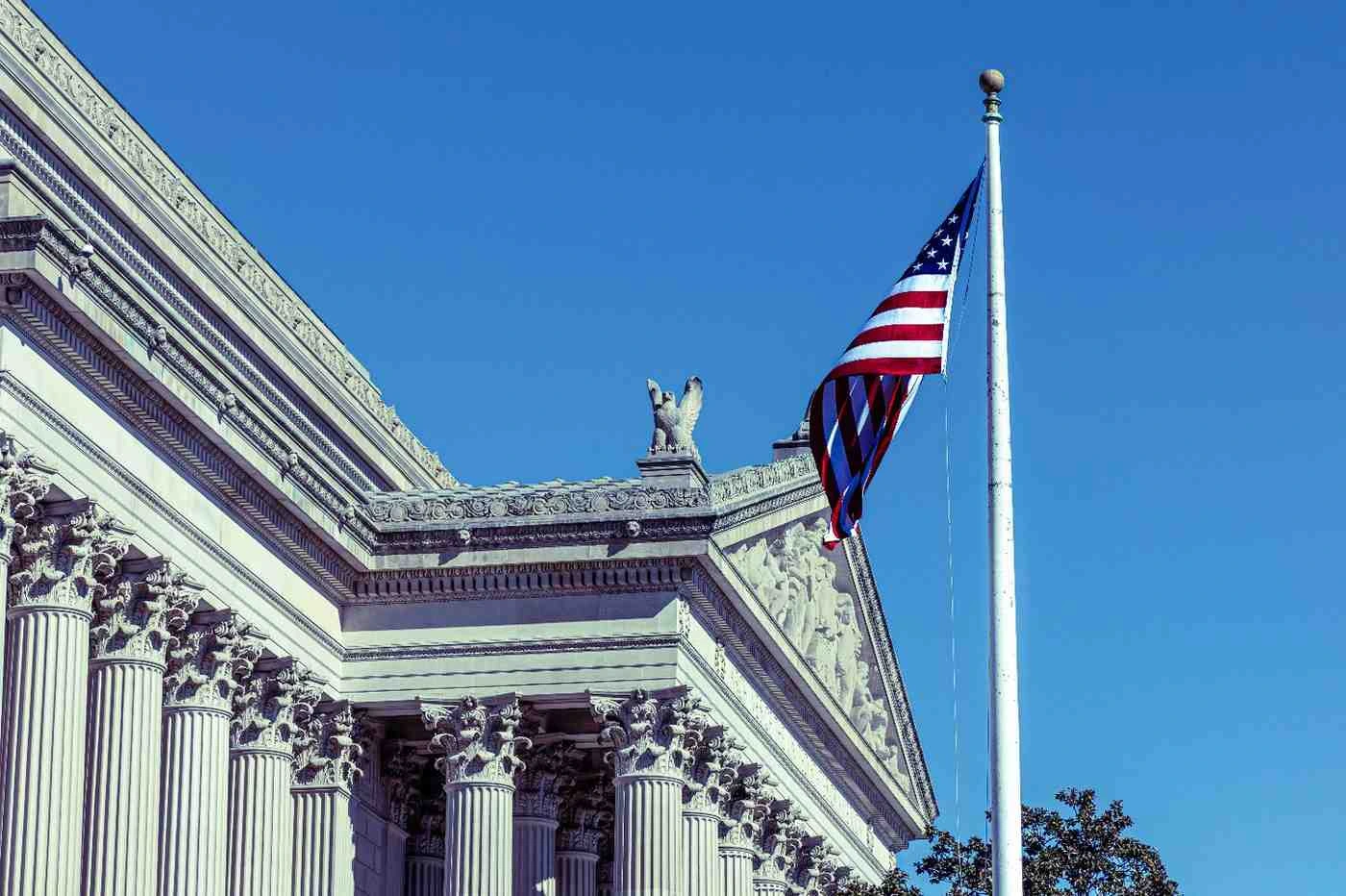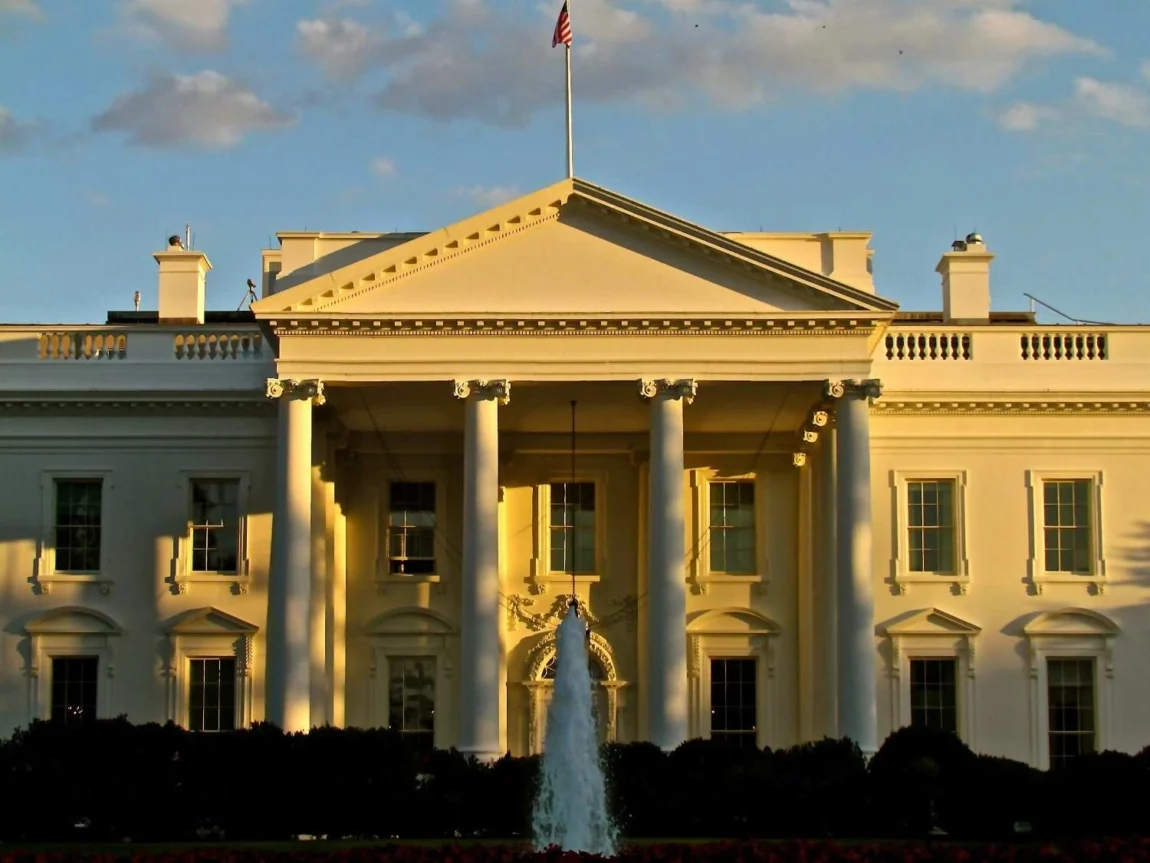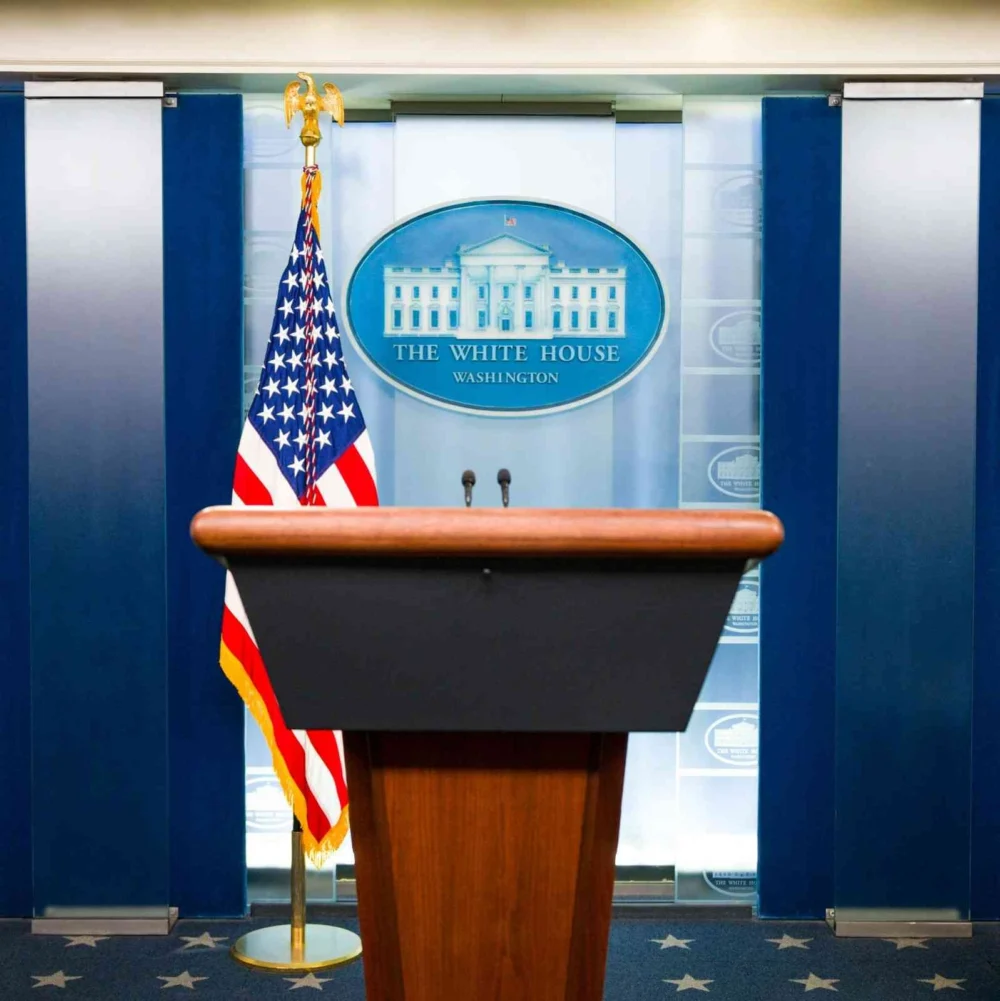After more than a month of political stalemate, the US Senate has passed a bipartisan bargain aimed at finishing the nation’s record-breaking government shutdown. The vote represents a significant step toward restoring government functions that stopped in early October.
The ascension came after a tense end to the week of transactions in Washington, where a small group of Democrats joined Republicans to thrust the charge forward. The degree, which presently moves to the House of Representatives, is anticipated to bring long-awaited relief to millions of Americans affected by the funding lapse.
A Breakthrough After 40 Days of Deadlock
The shutdown, the longest in US history, started on October 1 after specialists failed to concur on a government budget. For 40 days, the stoppage cleared out more than 1.4 million government specialists, either furloughed or working without pay.
Essential administrations — from air terminal security to nourishment help programs — were extremely disrupted, and the financial swell impacts expanded over the nation. Transportation authorities cautioned that continued funding delays might have decreased US domestic travel “to a trickle,” whereas families depending on nourishment benefits confronted mounting uncertainty.
How the Bargain Came Together
Senate Majority Leader John Thune led the breakthrough, working closely with the White House and several cooperative Democrats, including Senators Jeanne Shaheen, Maggie Hassan of New Hampshire, and Angus King of Maine.
Republicans, who hold a 53–47 majority, required at least 60 votes to advance the charge. The degree succeeded after eight Democrats crossed party lines to bolster it, in spite of restrictions from a few inside their ranks.
Senator Rand Paul of Kentucky was the only Republican to vote against the proposition, citing concerns that it seemed to increase the national debt.
Key Arrangements in the Agreement
The bargain incorporates a few major components planned to stabilize the government and address continuous financing challenges:
- Short-Term Financing: The government will fund agencies, including Veterans Affairs and Agriculture, through January 30.
- Specialist Recompense: All furloughed government employees will receive back pay for the time lost during the shutdown.
- Nourishment Help Expansion: The Supplemental Nutrition Assistance Program (SNAP) will obtain financing through September, guaranteeing support for more than 41 million low-income Americans.
- Healthcare Arrangements: Legislators concurred to hold a December vote on healthcare appropriations, a major sticking point for Democrats who looked for long-term commitments to offer assistance to families managing insurance.
Blended Responses from Lawmakers
Senate Majority Leader Pioneer John Thune lauded the vote as a “bipartisan exertion to move the nation forward,” communicating positive thinking around future participation in healthcare.
However, Senate Majority Leader Chuck Schumer criticized the compromise, contending that it failed to incorporate firm guarantees on healthcare subsidies. “For months, Democrats have pushed for significant activity on this issue,” Schumer said. “This bargain doesn’t do enough to guarantee that the emergency is addressed.”
Some Democrats outside the Senate were indeed harsher. California Representative Gavin Newsom labeled the choice to back the degree without more grounded conditions on healthcare “a mistake.”
What Happens Next
The bill’s entry in the Senate is the first step. The degree must still be endorsed by the House of Agents, where officials are expected to propose extra revisions sometime after the last approval.
If passed, the enactment would incidentally revive the government, giving Congress and the White House more time to reach a long-term investment understanding. Still, with funding set to expire again in January, another government shutdown could loom early next year unless both sides reach an agreement.
Viewpoint: Alleviation with Instability Ahead
While the Senate’s vote offers a sign of progress, examiners caution that the bargain is, as it were, a transitory settlement. The pending political isolation in Washington raises the plausibility of reestablished gridlock over future investing and healthcare policy.
For the present, the ascension provides much-needed support to government workers and consolation to millions of Americans affected by weeks of instability.



